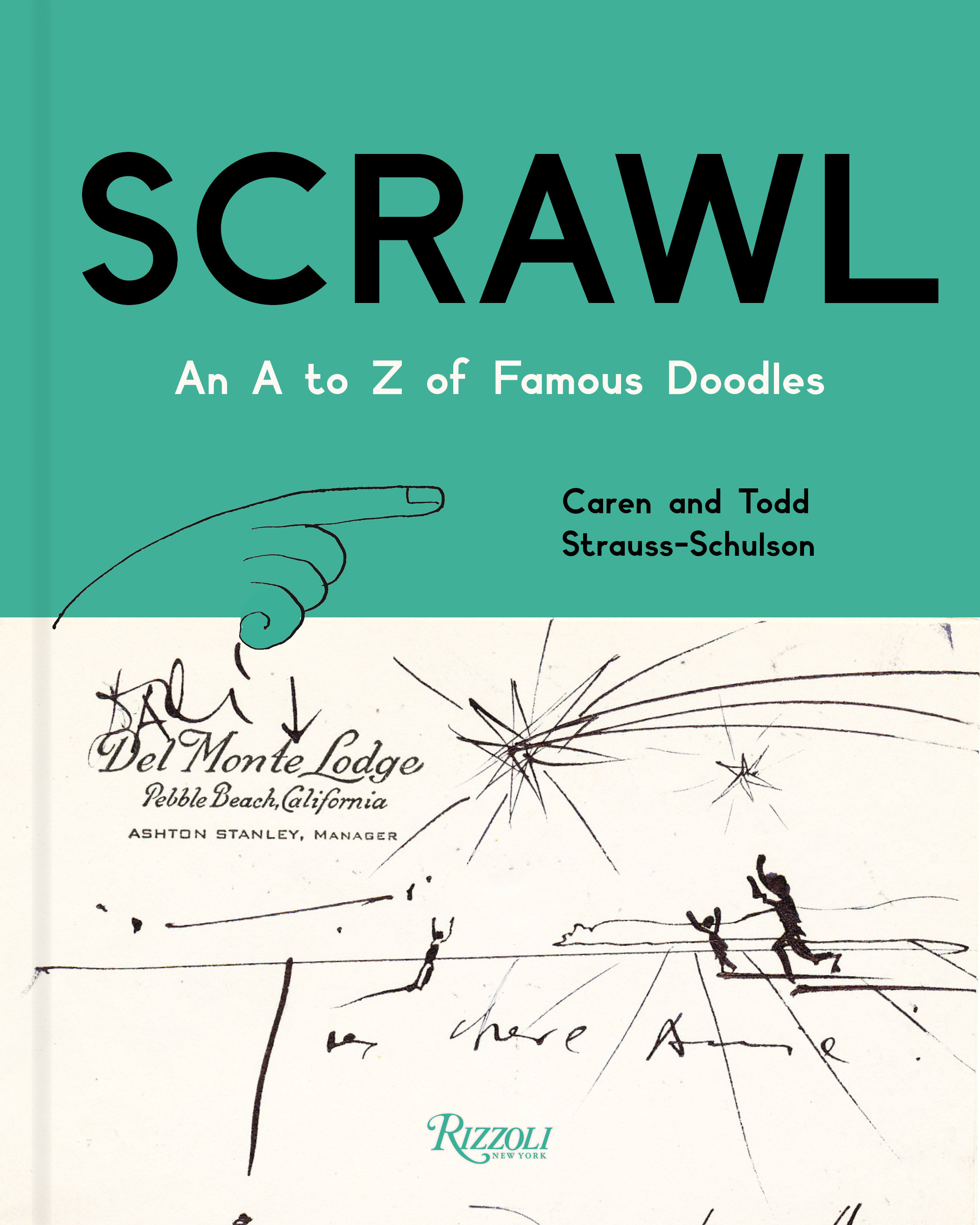

The character Prissy, the house slave of Scarlett O’Hara, the movie’s hero, becomes a stand-in for all black people as mentally inferior and buffoonish. The ways in which the 80-year-old film depicts its black characters – speaking in heavily stereotyped, broken English, for example – while disturbing, wasn’t anything I wasn’t expecting. Gone with the Wind is vile and insidious in how it depicts race, the Civil War, and slavery in the Old South. That’s what I want to do now, in the form of my reaction to watching Gone with the Wind for the first time, as part of my 100 Essential Films series. “I believe Hollywood’s history of racism should be openly discussed,” Longworth tweeted. Canceling the film completely would, as film critic Karina Longworth said about Disney’s racist out-of-circulation-for-decades film Song of the South, turn it into a fetish object. This will allow the film to remain accessible, but not irresponsibly so. The forthcoming introduction by Professor Stewart will, I’m sure, add rigorous critical and historical analysis – most importantly from a person of color.
Scrawl a novel movie#
They haven’t announced yet when the movie will return to the service, but Jacqueline Stewart, an African American cinema and media studies professor and Turner Classic Movies host, will provide the introduction to place the film “in its multiple historical contexts.” HBO Max, the service that holds the streaming rights to the 1939 winner of ten Academy Awards, announced just a few weeks ago that it would be taking Gone with the Wind off of its service temporarily, so it can find a way to add context to the picture’s outdated and ugly depictions of race. Highly recommended.I’m wrestling with Gone with the Wind as our culture wrestles with it. The story is true to life, funny, and shows that people who are seen as troublemakers can change. It lets the readers inside the mind of a bully and see the reasoning for his actions. “This is a different take on the bully story.

This book will engage a wide audience, but it will appeal most strongly to junior high school boys, particularly those who may be bored by schoolwork or have trouble finding books that interest them.” - Children's Literature Tod's backstory is seamlessly woven into his narrative. Shulman captures the viewpoint of a believable eighth grader, while conveying Tod's maturity and sharp sense of humor. Through his own words, the reader grows to love this hard-edged character. “In a unique version of a story told in journal format, the writing Tod does in detention becomes this book. An unusual sort of bully redemption story.” - Booklist Shulman establishes a nice voice for him, as Tod rips jokes so dry they can float away and shows some real heart dealing with his less-than-desirable lot in life. “Tod has a real way with words (the way he crashes, then dominates the spelling bee is priceless). “Readers seeking an unflinching look at high-school politics from the perspective of the disenfranchised will find in Tod an illuminating guide.” - BCCB Hinton's The Outsiders and Chris Crutcher's Staying Fat for Sarah Byrnes, Scrawl paints the stereotypical school bully in a different, poignant light.” - VOYA “With the potential to occupy the rarified air of titles like S. It's all put together so pleasingly, with punch and wit and smarts, and in such a way that the events and characters stay with you.” - PW.com "Shelf Talker" blog “There's something special about this book. It's useful to point out that much can hide under a hardened exterior.” - Los Angeles Times “ Scrawl is the rare novel written from the bully's point of view. Woodrow help Tod stop playing the bad guy before he actually turns into one. He can be painfully funny and he can be brutally honest. Tod's punishment: to scrawl his story in a beat-up notebook. He doesn't know why he's there, but she does. Woodrow, a no-nonsense guidance counselor. Lucky Tod must spend his daily detention in a hot, empty room with Mrs. Then to make things worse, Tod and his friends get busted doing something bad. The wimps have stopped coughing up their lunch money.


 0 kommentar(er)
0 kommentar(er)
